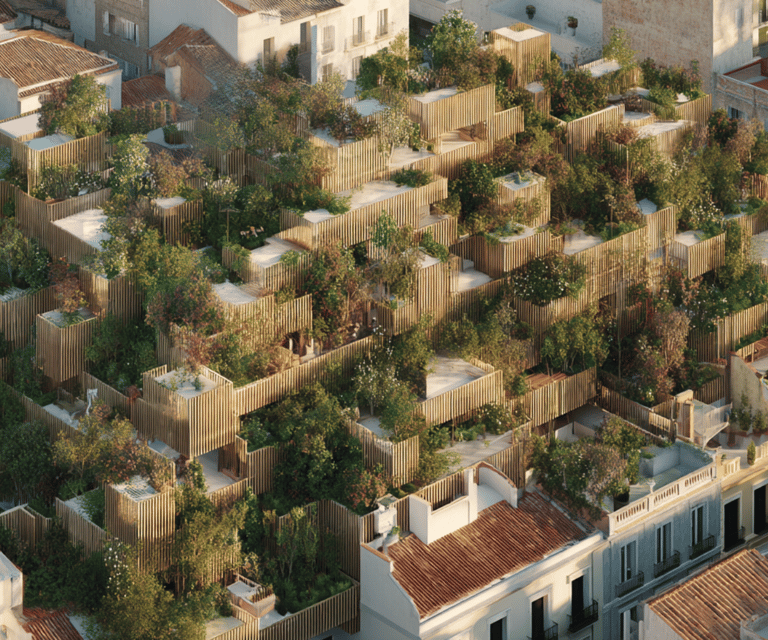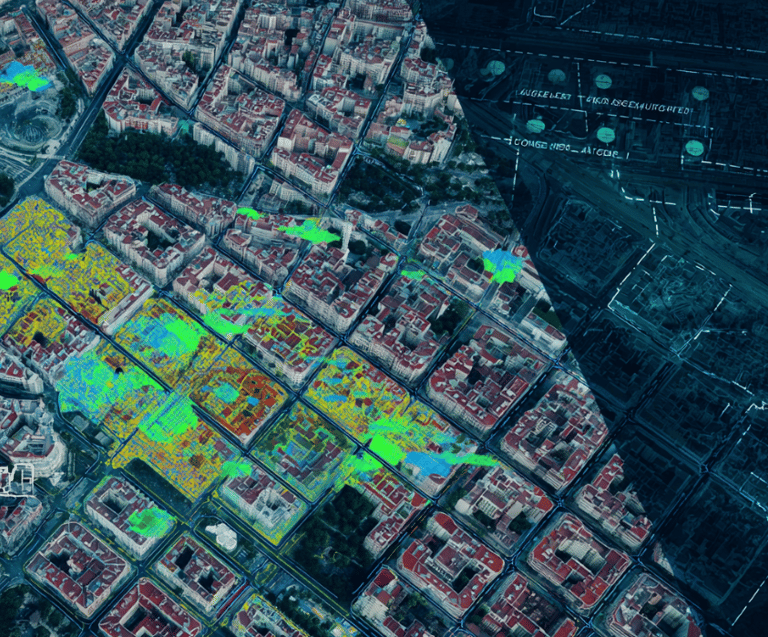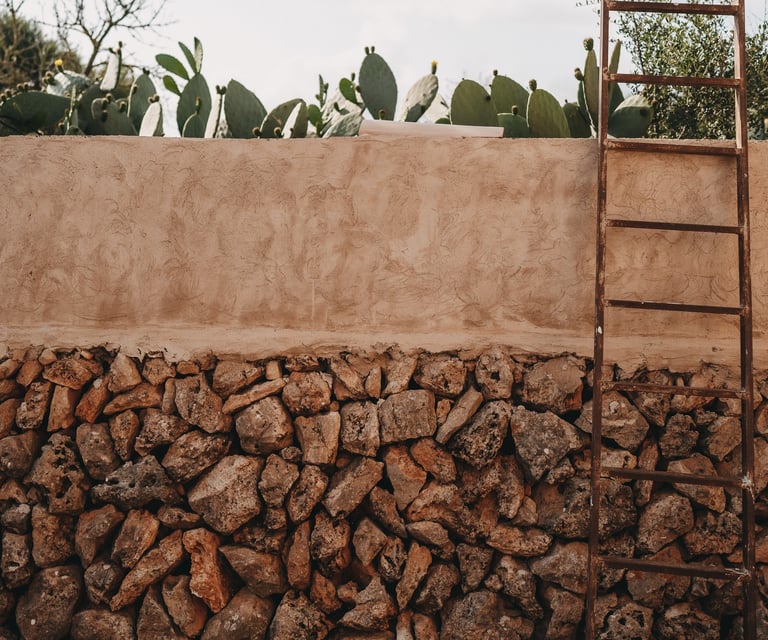
Projects
This page brings together current and past initiatives supported by Mœurs. Each project responds to specific cultural, environmental, or social questions—often grounded in local contexts and shaped through collaboration. From exploring the impact of emerging technologies to preserving cultural heritage, these efforts are an ongoing pursuit to fostering community-driven change and making a tangible impact in both local and global contexts.
Projects
We support initiatives that engage with cultural, environmental, and social challenges through collective inquiry, creative practice, and community collaboration.
Cultural Heritage - Small Island Developing States (SIDS)












